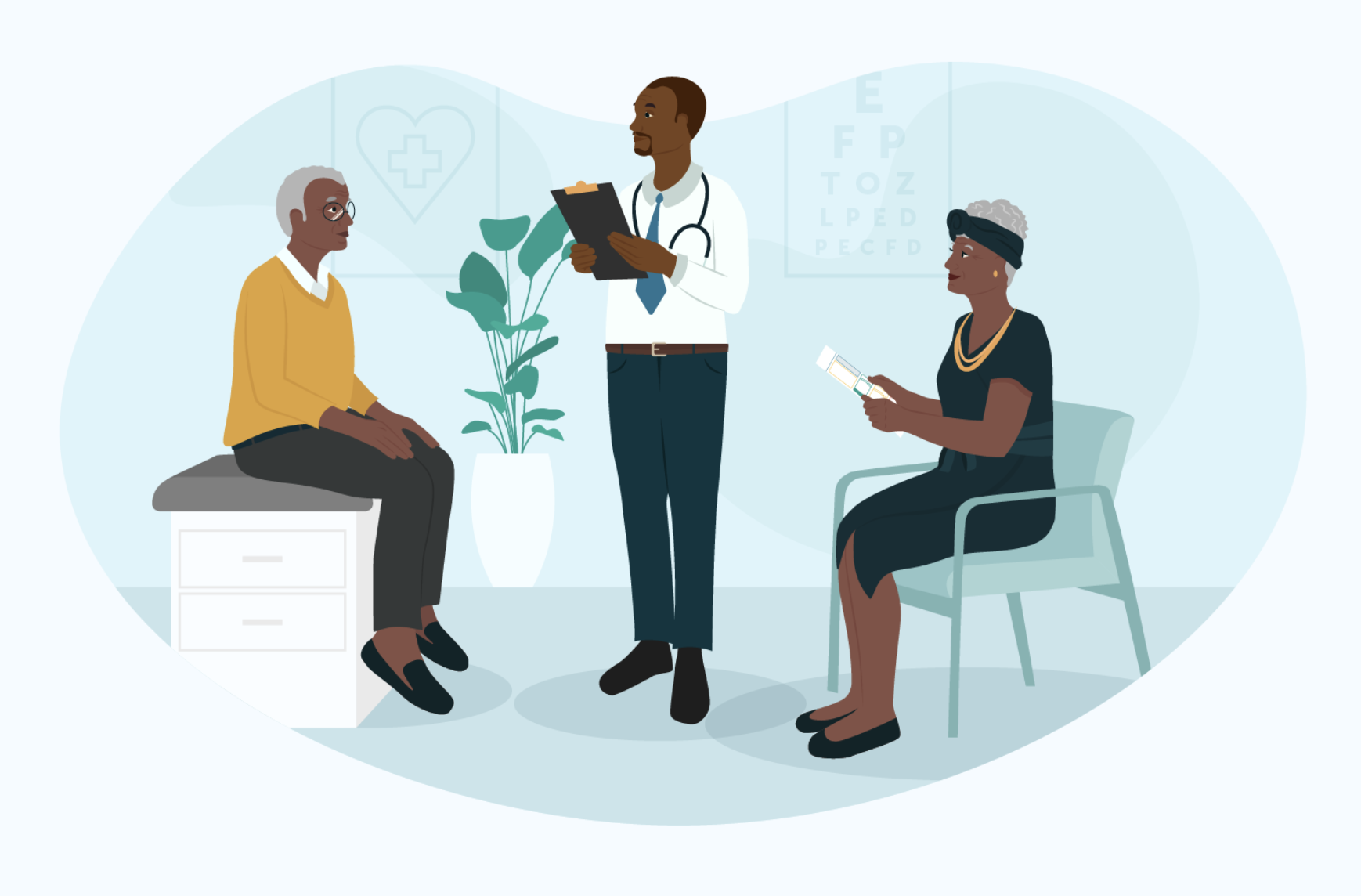Tips for Communicating with Healthcare Professionals
Information
4 minute read
What is my role of the caregiver?
In some situations, healthcare professionals may rely on caregivers to be the advocate, messenger, or main source of information for the person receiving care.
Caregivers who provide care frequently can often identify health changes in the person they care for. This information is helpful to healthcare providers who may only see that person for short appointments often outside of the home.

How to achieve good communication with health care professionals?
When communicating with healthcare professionals for yourself, or on behalf of someone being cared for, be mindful of how messages are sent and received to make the most out of care visits.
Tips for sending messages (speaking):
- Be prepared -- Take time to plan what will be communicated to the health care professional. It may help to write out questions or use the Appointment Planner.
- Be open and honest -- Sharing about health or care challenges that happen at home can provide healthcare professionals with a more complete picture of what is or isn't working with existing treatments.
- Speak loud and clear -- Make sure the health care professional can understand what they are being told. Speak confidently and clearly to make sure important information is not missed.
- Take a deep breath -- It can be difficult to share personal health and care challenges. Take time to slow down, breathe, and gather key thoughts.
Tips for receiving messages (listening):
- Listen actively -- Take notes, nod in agreement or disagreement, and answer questions to show the health professional they are being listened to.
- Ask questions -- Don't be afraid to ask questions, big or small. It is better to ask questions right away to clear up confusion or confirm new information.
- Be open-minded and receptive -- Consider the suggestions that health professionals make. Changing health or care routines can be difficult, but these changes may become beneficial over time.
- Maintain eye contact -- Look at the health professional when they are talking to stay engaged and show them they are being heard.
- Repeat back to ensure you understand -- Listen to what the health professional says, then rephrase the most important points they made. This will help to clear up misunderstandings, and confirm new information.